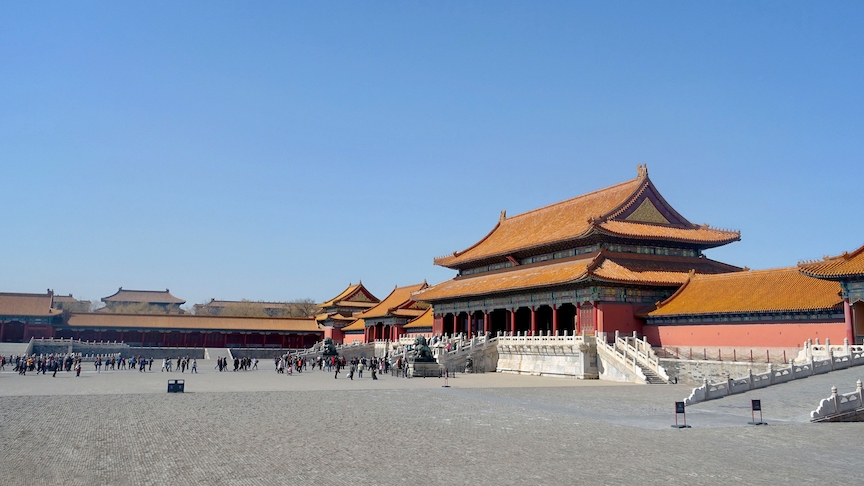1971 Communist China Joins UN- Replacing Taiwan
On October 25th, the U.N. approved the membership of Communist China thereby replacing Taiwan. For the first time, the United States did not use its veto power to block mainland China's admission. The change in U.S. position came about as the result of a gradual thaw in U.S.– Chinese relations. The U.S. trade embargo was lifted and a U.S. table tennis team made the first semi-official visit to mainland China in twenty years..
On October 25th, a momentous decision was made at the United Nations (U.N.). Communist China, often referred to as mainland China and officially known as the People's Republic of China (PRC), was granted membership into the international organization, effectively replacing the Republic of China (ROC), commonly known as Taiwan. This marked a significant shift in global politics and was a recognition of the political reality that the PRC held control over mainland China and was the most populous nation on Earth.
Traditionally, the United States had staunchly opposed the inclusion of the PRC and used its veto power as one of the five permanent members of the U.N. Security Council to block its admission. However, in this instance, the U.S. refrained from employing its veto power, marking a pivotal point in the history of Sino-American relations.
The change in U.S. policy towards China was not abrupt or random but came as a result of a gradual thaw in relations between the two countries that had begun in the late 1960s. The cooling tensions were reflective of evolving geopolitics and the increasing recognition of the need for engagement with the PRC, which had grown into a significant world power since its establishment in 1949.
One major milestone in the improving U.S.– Chinese relations was the lifting of the U.S. trade embargo on China. Implemented during the Korean War, this embargo had served as a symbol of the hostility between the two nations for almost two decades. The removal of the embargo was a substantial step towards normalization of relations.
An unexpected and yet significant event in this rapprochement was the visit of a U.S. table tennis team to mainland China in April 1971, an event often referred to as "Ping Pong Diplomacy." This was the first American delegation of any kind to visit mainland China in twenty years. Despite its unusual nature, this visit was of great symbolic significance. It opened a door of communication and interaction, paving the way for future diplomatic exchanges.
The admission of the PRC into the U.N. was more than just a change in membership of an international organization. It was an acknowledgement of the realities of global politics and a move towards engaging, rather than isolating, one of the world's emerging superpowers. It signified a step towards normalization of relations between the U.S. and China, marking a new era in their shared history. This event set the stage for the historic visit of President Richard Nixon to China in 1972, which would further solidify the new relationship between these two global powers.
 >
>